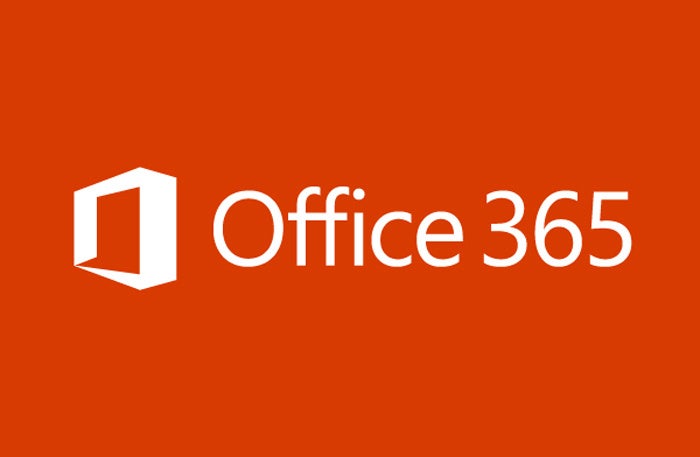
The reality is, some apps & data behave better on a Local Area Network (LAN). Latency tolerance (and other technical limitations): Certain file types (like databases) are not supported in SharePoint, and very large files can be cumbersome to use in the cloud.Azure Rights Management can help mitigate this risk even in the cloud, but for maximum control, you can keep toxic data sets on-premises, and still protect them with Rights Management, if so desired. Toxic data: Every organization tends to have at least a little bit of uber-sensitive data, that they do not want even accidentally shared outside of the organization (or even beyond certain boundaries within it).

#Best office 365 for small business windows#

Some Active Directory services just are not available in the cloud at this time Azure Active Directory Domain Services still has severe limitations that do not yet offer a clear migration path from on-premises AD, so an on-premises Active Directory server is still of benefit. Single sign-on, and centralized management of users & groups across on-premises & cloud domains is another benefit.

With the option to move most SBS Server functions like Email and file sharing into Office 365 with Exchange Online, SharePoint Online & OneDrive for Business, many small businesses ask whether an on-premises server is still necessary. Do I still need an On-premises Windows Server? So many small businesses adopted Microsoft’s Windows Small Business Server (SBS) product–now that the product has been discontinued, these organizations tend to need a little more guidance regarding the migration path forward from SBS 2003, 2008 or 2011.


 0 kommentar(er)
0 kommentar(er)
